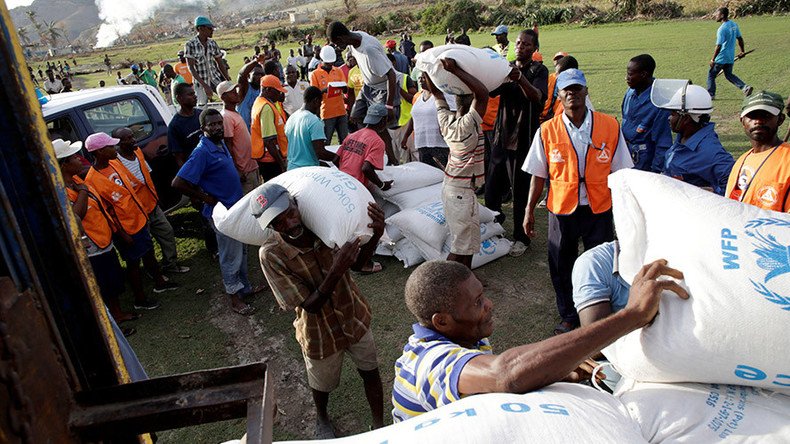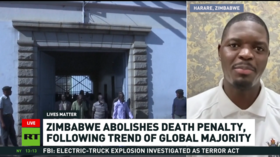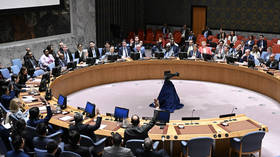Hurricane Matthew Haiti’s biggest humanitarian crisis ‘since 2010 earthquake’

Haiti is a tiny island nation that can’t seem to catch a break. Hurricane Matthew devastated the nation, propelling concerns of impending famine and cholera outbreaks into its remote, hard-to-access regions.
As of Tuesday, Haiti’s death toll reached at least 1,000 people as a result of being hit by Hurricane Matthew, but the worst could be yet to come, according to some experts. The United Nations has appealed for $120 million for three months of emergency funding, $70 million of which would go to water, sanitation and medical efforts.
On Tuesday, Haiti’s interim president Jocelerme Privert confirmed the need for emergency, calling the loss “amazing,” and adding, “the concern is if we don't take action now for the longer impact ... three to four months when the foods stop coming we are going to have a real famine."
UN Secretary-General Ban Ki-moon told reporters on Monday that “some towns and villages have been almost wiped off the map. Crops and food reserves have been destroyed.”
One of the issues facing Haiti following the hurricane is food. Some areas have lost 80 percent of crops, “but 100 percent in some areas,” Alexis Masciarelli, spokesperson for the UN World Food Program in Haiti, told RT.
“There are some areas where I have been,” he said, “everything essentially has gone, whether it was the small production for some families or the real agriculture production.”
Getting provisions to the areas that were hit the worst by the hurricane is another challenge for aid workers. Masciarelli explained that despite massive infrastructure damage, such as bridges and roads, the UN had been able to provide “some 500 tons of food and we’ve started distributions with that.”
For even more remote areas, like small fishing villages, Masciarelli said that they are still struggling to find a solution but are considering reaching them via boats. People who produce and provide food themselves have been hit the hardest by Hurricane Matthew.
Masciarelli explained that not all of Haiti was affected and that some areas are able to continue producing food.
UN admits role in #Haiti cholera outbreak that killed 10,000 peoplehttps://t.co/yCnVTF8P1lpic.twitter.com/WgCgtGgVeI
— RT America (@RT_America) August 18, 2016
In order to help those hurt the most by the devastation, Masciarelli said that the aid provided will not be limited to short term provisions. Instead, he hopes that by also distributing seeds and implementing other financial incentives, the aid will be a long term solution that encourages self sufficiency.
Another issue is a potential cholera outbreak as flood water mixes with sewage.
“Right now our biggest concern is cholera. The number of cases is increasing with every new report,” Unni Krishnan, physician and director of Save the Children’s emergency health unit in Haiti, told USA Today. “Flooding and contaminated water caused by the storm pose a huge threat to survivors including thousands of children."
As a result, the World Health Organization (WHO) has pledged to send a million cholera vaccine doses to try to contain any outbreak.












